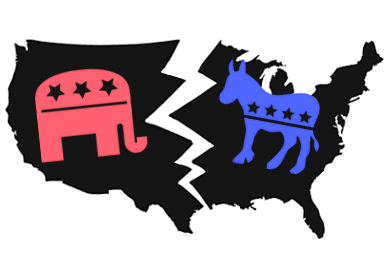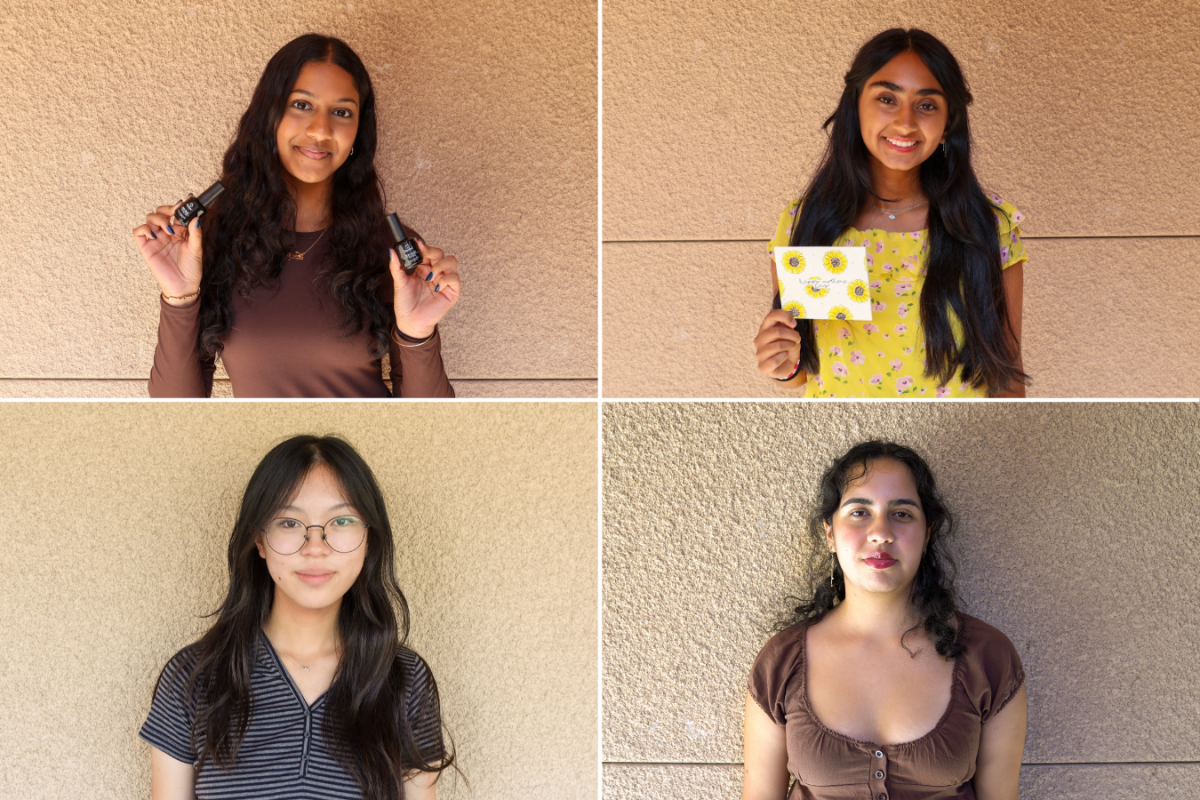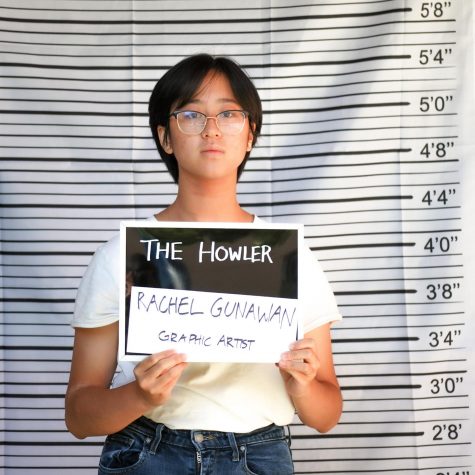Is America as divided on police relations as we may think?

While tensions seem to be rising in major cities throughout the United States due to the issue of race relations and police brutality, most Americans tend to agree on a few basic things.
August 20, 2020
Life in the sane lane doesn’t feel so sane anymore, and I’m not just talking about the global pandemic. It seems that whenever somebody expresses their thoughts on social media, they are subject to immediate scrutiny by their supposedly politically savvy peers. The current hot button topic, policing in America, has brought along intense and polarizing rage from both sides of the aisle.
If you do not feel strongly on either side, you are not alone. The reality of the current discourse among average Americans reflects differently than scenes of chaos on our television screens. Once we zoom out and look into real life, we begin to understand that the intense dichotomy occurring on our smartphones is a ruse.
Along with the cesspool that is cable news, social media platforms have become the grim reaper of public discourse. Any time somebody has an opinion, regardless of its validity, they can share their thoughts to the online world within seconds. Everyone is a culprit, and the author of this piece would like to personally apologize for their own contribution to the mess.
Instagram activists are on the rise, reposting immense amounts of content regarding the issues surrounding police and race relations. Most notably, millions of Instagram users posted a black square on their page in an event known as “Blackout Tuesday” as a way of showing support for the Black Lives Matter movement. While these keyboard warriors may have positive intentions, there are people who only post to give the impression that they care about issues relating to social justice, otherwise known as performance activism. The lack of authenticity is concerning, and will not progress any sort of movement. Activism is defined by action, when people take their passion into their own communities by donating, signing petitions and volunteering their time to causes that will help those who need it. We need to ask ourselves if we are just participating in a trend, or trying to have a meaningful impact.
Even once people get out of their social media bubble, they are probably still bound to feel that fierce divide. Surprisingly, polls taken recently reflect a common consensus on the topic. A majority of Americans want to see some changes in policing, but want to retain the same level of police presence in their communities.
According to a Pew Research Poll, 66% of Americans want to end qualified immunity and believe that “civilians need to have the power to sue police officers for using excessive force.” Ending qualified immunity would be a start in holding police officers more accountable for their actions on the job, similar to how doctors can be charged with malpractice.
Although qualified immunity is not a “cure all” for police issues in America, this would keep police officers more alert of their actions, as well as their coworkers actions.
When there is no threat of being out of work or sued for misconduct, it appears that officers will face next to no consequences if they do something with malintent.
The major reason why many reforms are so difficult to put into place is because of police unions. Police unions are in the public sector, meaning they have direct influence over policy making, as the government is their boss. Politicians will be less likely to take action on policing issues if they are taking money from those unions. Oftentimes, public sector unions end up becoming tools for a political agenda as opposed to just being used as a collective bargaining method for conditions of their employment.
As for the role of police in communities, a recent Gallup poll had rather shocking takeaways. 81% of Black Americans, 88% of White Americans, 83% of Hispanic Americans, and 72% of Asian Americ a n s would like to see the same amount or more police in their neighborhoods. Due to the many factors that impact the relationship between police in their community, such as bias of officers, one poll does not tell the whole story. But when it comes to police presence, this may paint a better picture of how most Americans feel about their local police department.
While there are people who strongly believe in defunding or even abolishing the police force, this is not an accurate depiction of what most Americans think. A vast majority want to see changes to how the police operate, but not dismantling of the police. As always, extreme voices tend to be the loudest. The silver lining is that many people do agree on the issue, it is just a matter of putting those moderate voices into action. Obviously, that is not going to happen in a Facebook comments section fight with your Aunt Jill. Real change will only occur when we have conversations with each other in person (or over Zoom). Things may seem tense right now, but cooler heads will prevail. When we are able to have civil discourse with one another, we will realize that we may agree on more than we think and that our ultimate end goals are similar.
In America, every voice matters and has an impact. So choose wisely. Do we want to make radical changes in the name of revolution, and possibly regret it later? Or do we want to make reforms that can easily be altered to fit the needs of our society? Our rhetoric drives these decisions, and America’s future is at stake. Prioritizing certain facts over others to push an agenda is leading to the downfall of civil discourse, so we need to start doing better now before it is too late.
America does not feel normal right now, and it likely will not feel normal for a long time. When we are dealing with everything spanning from police tensions to a pandemic, anger and misinformation is going to be the biggest enemy. The best thing we can do for ourselves right now is to be on the lookout for each other, while also being careful with the quality of information that we consume. Polarization stems from partisanship and falsehoods, and it is up to us to stop it.

























































